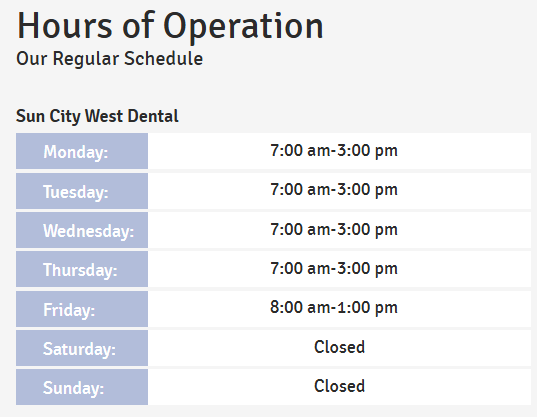Valium vs Xanax for Anxiety: Differences and Which to Choose

Anxiety disorders are among the most common mental health conditions, affecting approximately 40 million adults in the United States, according to the Anxiety and Depression Association of America (ADAA). Medications such as Valium (diazepam) and Xanax (alprazolam) are often prescribed to manage anxiety symptoms. Both belong to the benzodiazepine class of drugs, which work by enhancing the effects of gamma-aminobutyric acid (GABA), a neurotransmitter that slows brain activity and induces relaxation. While both Valium and Xanax are effective in treating anxiety, they differ in several key aspects, including their onset of action, duration, side effects, and risk of dependence. This article provides an in-depth comparison of Valium and Xanax, helping individuals and healthcare professionals understand which might be the better option for anxiety treatment. What Are Valium and Xanax? Valium and Xanax are both benzodiazepines, a class of medications commonly prescribed for anxiety, panic disorders, muscle spasms, and seizures. Despite their similarities, they have different pharmacological properties that impact their effectiveness and potential side effects. How Do They Work? Both Valium and Xanax work by increasing the activity of GABA, a neurotransmitter responsible for reducing excitability in the brain. This results in a calming effect, which can help relieve symptoms of anxiety, restlessness, and panic. Because of these differences, Xanax is better suited for immediate anxiety relief, whereas Valium may be preferred for long-term anxiety management or conditions requiring longer-lasting effects. Comparison: Valium vs. Xanax Feature Valium (Diazepam) Xanax (Alprazolam) Onset of Action 30 to 60 minutes 15 to 30 minutes Duration of Effect Up to 24 hours 4 to 6 hours Half-Life 20 to 70 hours 11 to 15 hours Common Uses Anxiety, muscle spasms, seizures Anxiety, panic disorders Risk of Dependence Moderate Higher due to rapid effects Withdrawal Severity Moderate High Controlled Substance Schedule Schedule IV Schedule IV Efficacy for Anxiety Treatment A study published in the Journal of Clinical Psychiatry found that benzodiazepines, including Valium and Xanax, are effective for short-term anxiety relief. However, long-term use of benzodiazepines can lead to tolerance, dependence, and withdrawal symptoms. Side Effects While both medications are effective, they come with potential side effects. Common Side Effects Serious Risks Factors Influencing the Choice Between Valium and Xanax Doctors consider several factors when prescribing either Valium or Xanax for anxiety treatment: 1. Nature of Anxiety Symptoms 2. Duration of Treatment 3. Risk of Dependence and Withdrawal 4. Individual Patient History Alternatives to Benzodiazepines Due to the risks associated with benzodiazepines, doctors may consider alternative anxiety treatments, including: Final Thoughts: Which is Better for Anxiety? Both Valium and Xanax are effective for treating anxiety, but the best choice depends on the individual’s needs: Ultimately, the decision should be made in consultation with a healthcare professional. While benzodiazepines can be helpful in managing anxiety, they should be used cautiously and for short-term relief when possible.

